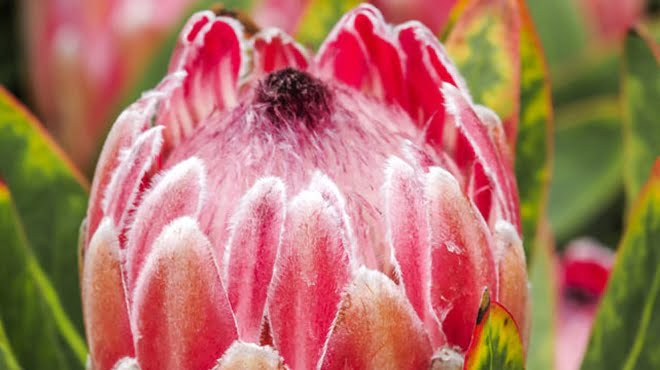A recent study reveals the Western Cape as one of the world’s largest hotspots for plant extinction.
The study, published in a journal titled Nature Ecology and Evolution, focuses on plant extinction rates from 1900 onwards. There have been a total of 600 plant species that have gone extinct since this time. The Western Cape has a documented loss of 37 plant species.
These plants include trees, fruit-bearing plants and flowering trees.
The highest area for plant extinction is Hawaii, which has 79 recorded plant extinctions since 1900. The Western Cape ranks behind Hawaii as the second-worst area in the world for plant extinction.
The rate of extinction has increased significantly over the years, according to the study – an alarming finding.
‘We found that recently-described plants are becoming extinct at almost twice the rate of those described before 1900, but at rates almost an order of magnitude lower than for vertebrates,’ the report reads.
‘The proportions of extinct species from islands (50%) and the Pacific (18%) are significantly higher than expected based on the global distribution of seed plants based on random draws.
‘This probably reflects the high proportion of unique species (endemics) in island biotas and their vulnerability to biological invasion.’
The report provides an in-depth understanding of the pattern of extinction of various animals and plants. The data in it is valuable, being more up-to-date than what was previously available.
What is highlighted by this study is that the rate of rediscovery and extinction are similar, and further research is needed to make sure that important and lesser-known species are safe.
Areas of high diversity are more vulnerable to species extinction where population numbers are not as high, than less diverse but more densely-populated areas.
‘Our study greatly advances understanding of ongoing extinction in plants and suggests that geography and life form best predict ongoing extinction. The study of extinction inevitably comes with caveats,’ the report reads.
‘Extinctions of poorly-known taxa may go unreported resulting in underestimation of rates; conversely, even for better-known taxa, low detectability may result in rate overestimation, revealed only by rediscovery.’
